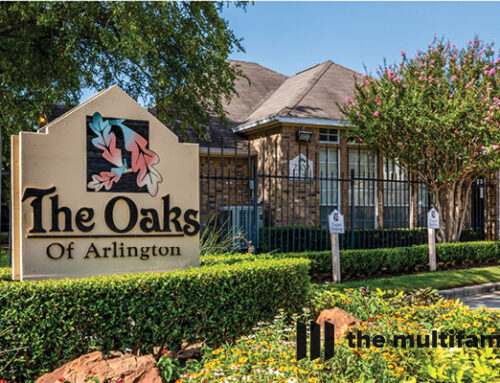Depreciation is an essential topic for real estate investors (REI) to educate themselves on when it comes to reporting your rental income to the IRS. Depreciation can be a cumbersome task but can result in massive tax savings each year. Reporting depreciation can be tremendously helpful, albeit, a bit difficult to understand initially.
A few key points to note: if you add any value to the property through improvements, the costs of these are added to your cost basis, improving your depreciation deductions, and your first and last year’s depreciation has to be prorated based on when you purchased and sold the property.
A 1031 exchange can aid in deferring the payment of depreciation recapture and capital gains taxes. See below for an example of how depreciation recapture works.
Equation:
Sales Price – Cost Basis = Gain
Cost basis =
+ purchase price
+ closing cost (buy) i.e. title charges, transfer fees, attorney fees – will be on the HUD/Settlement Statements
+ closing cost (sale) i.e. commission fees, title charges, transfer fees attorney fees – will be on the HUD/Settlement Statements
+ Improvements i.e. remodeling, additions, upgrades
– Depreciation i.e. what is the accumulated depreciation
Example:
You bought the rental property in 2008 for $300,000 with closing costs of $5,000. You upgraded all of the appliances in the home, updated the flooring, and painted the interior for $10,000. During the 10 years you owned the property your accumulated depreciation was $109,090 ($300,000 purchase price / 27.5 years residential property = $10,909 x 10 years = $109,090). You sold the property in 2018 for $500,000 with closing costs of $25,000.
Sales Price = $500,000
– Cost Basis = $230,910 ($300,000 purchase price + $5,000 closing costs when purchasing + $10,000 improvements + $25,000 closing costs when selling – $109,090 accumulated deprecation = $230,910)
Gain = $269,090
The IRS will tax the amount that was depreciated over the 10 years of $109,090 at 25% for a depreciation recapture amount of $27,272. The remaining $160,000 will be taxed at the long-term capital gains rate of 15% for $24,000 since the property was held for longer than 1 year. This brings the total taxed amount to $51,272 ($27,272 depreciation recapture tax + $24,000 long-term capital gains tax). Additionally, since your net income was over $200,000, the entire gain of $269,090 will be subject to Net Investment Income Tax (NIIT) of 3.8% for an amount of $10,225. This brings your total tax upon sale to $61,497 or roughly 22% of the total gain. Additionally, you may also be liable for state taxes.
What is Depreciation Recapture?
If you dispose of depreciable or amortizable property at a gain, you may have to treat all or part of the gain (even if otherwise nontaxable) as ordinary income. IRS.gov
Can You Avoid Depreciation Recapture?
Depreciation recapture tax can be reduced or deferred. By performing a 1031 exchange depreciation recapture tax and capital gains tax can be deferred altogether. Other methods that can be utilized are investing in a Delaware Statutory Trust (DST), selling the asset for less than the book value, or holding onto the asset until you pass away. When your rental property becomes a part of your estate, the cost basis is reset to market values, therefore depreciation recapture will not be triggered.
What Triggers Depreciation Recapture?
When you dispose of depreciable or amortizable property at a gain. It is generally taxed as ordinary income up to a maximum rate of 25%. The IRS will only tax the depreciated portion of your asset, you will not be taxed at 25% of the entire gain on the sale. Additionally, if you do an installment sale depreciation tax is triggered and due right away. Read more about installment sales at IRS.gov
What If I Did Not Depreciate the Asset?
The IRS will still collect the depreciation recapture tax on the asset even if you did not take advantage of depreciating the asset before you sold it. The IRS will treat it as if you had taken full advantage of the depreciation for the time you owned the property.





